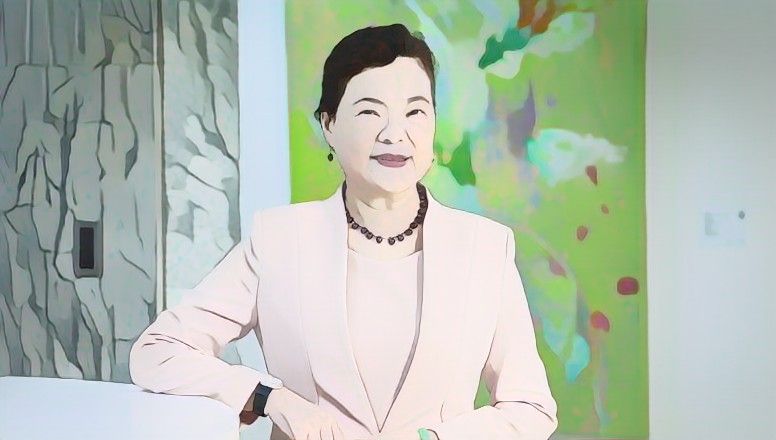Taiwan Investigates Companies For Huawei Chipmaking Support

The Lede: On Friday Taiwanese authorities said that they are investigating four Taiwan-based companies suspected of helping China’s Huawei Technologies to build semiconductor facilities as Taipei follows Washington’s lead on cutting off China from sensitive technologies.
What We Know:
- The Companies under investigation include semiconductor material reseller Topco Scientific, cleanroom constructor L&K Engineering, construction and design firm United Integrated Services, and chemical supply system provider Cica-Huntek Chemical Technology Taiwan. These companies have possible ties to Huawei through the Shenzhen-based firms Pengxinwei (PXW), Pensun, and SwaySure Technology.
- A Bloomberg report on Tuesday alleging that the companies were working with Huawei on constructing a network of semiconductor plants prompted the Ministry of Economic Affairs to summon the Taiwanese semiconductor and factory services suppliers for questioning. Taiwan’s Minister of Economic Affairs Wang Mei-hua said that the investigation aims to determine if the four companies are in violation of regulations that prohibit the sale of sensitive technologies and equipment to China.
- The investigation will study the companies' activities in the context of Taiwan’s list of Strategic High-Tech Commodities to determine whether the companies exported sensitive technologies or products with military applications to the Chinese company. If imposed, fines could reach up to $777,665 for violations of regulations.
- A hearing on the matter found that the companies provided low-end factory services such as wastewater treatment, chemical supply systems, and environmental protection. These have not been considered critical services.
The Background: Taiwan’s National Science and Technology Council has plans to establish control measures for a list of sensitive technologies that will aim to prevent the transfer of Taiwan’s semiconductor technology to China. Cleanrooms and other high-tech equipment and services that these companies offer are important in the delicate processes and conditions for making semiconductors. Firms using U.S. technology and equipment are prohibited from cooperating with firms that are included in the U.S. Commerce Department’s Entity List unless granted a license. Huawei was placed on the list in 2019 due to concerns about Chinese spying. PXW has also been sanctioned by the U.S. for being backed by Huawei.
Likely Outcomes:
- The heightened scrutiny in this latest investigation may be a response to last month’s surprise release of Huawei’s latest flagship smartphone model, the Mate 60 Pro, which features a more advanced chip than Western observers thought Chinese manufacturers were capable of producing. U.S.-aligned policymakers abroad are likely to respond to any possible link their businesses have with Chinese operations in the chip space.
- This case shows the difficulties that companies face in abiding by U.S. restrictions on the semiconductor industry. These companies have different rationales to exempt themselves from possible penalties such as securing contracts before the onset of sanctions and insisting that their operations are in compliance with regulations. It is likely that more companies will be subject to such investigations in Taiwan. Other governments that are following the U.S. lead may also adopt such scrutiny in their own semiconductor-related businesses.
- The future of chip industry policy among U.S.-aligned actors may become more defined and specific to give firms better footing in compliance. On the other hand, the policy may instead retain its vagueness and continue to be a compliance challenge for such companies moving forward.
Quotables:
“The chips from these plants built with Taiwanese companies’ help could eventually be used on Chinese missiles aimed at Taiwan. The government of Taiwanese President Tsai Ing-wen is not being serious about Taiwan’s defense if it does not tighten controls on local firms’ support for Huawei.” - Li Jung-Shian, professor of electrical engineering at the National Cheng Kung University
“These suppliers are sacrificing other Taiwanese people’s security to make a profit.” - Lin Tsung-nan, professor of electrical engineering at National Taiwan University.
Good Reads:
Key Taiwan Tech Firms Helping Huawei With China Chip Plants (Bloomberg)
Taiwan probes firms suspected of selling chip equipment to China’s Huawei despite US sanctions (AP)
Taiwan to probe suppliers helping Huawei build chip plants under the radar across southern China (SCMP)
